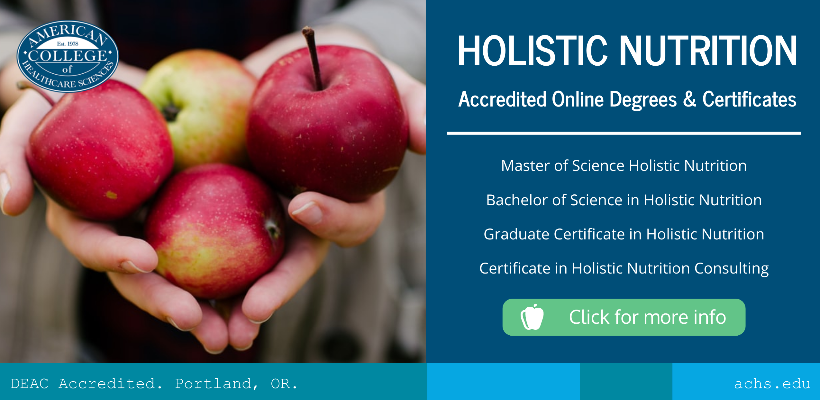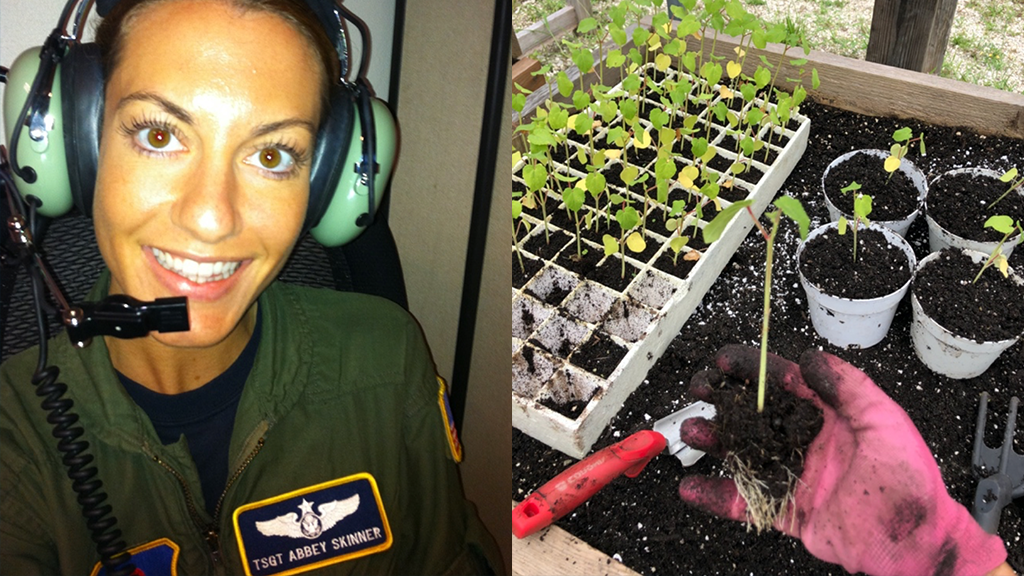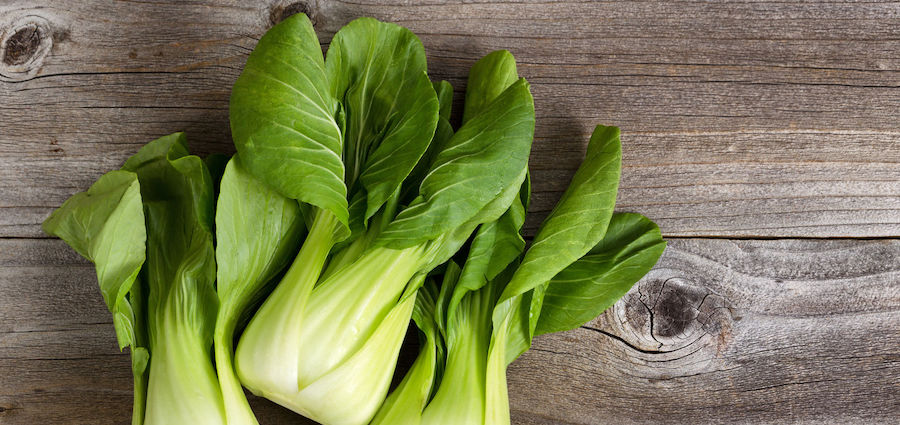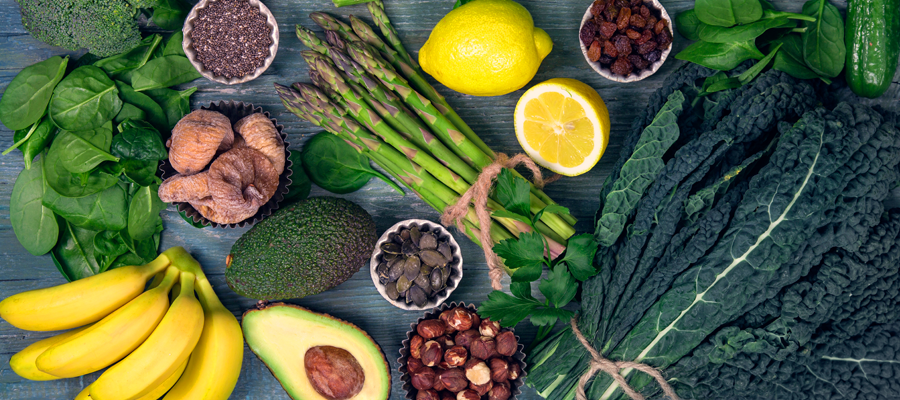
Image Copyright: Artem Beliaikin from Pexels.com
What’s the first thought that comes to mind when you hear the words “grocery shopping”? Frozen meals, canned food, quick snacks, what’s on sale this week, or perhaps, errrrr… I have to go to the store again! We are faced with the decision of what to eat on a daily basis. Many are striving to eat a healthier diet, but find it challenging and even a bit stressful to navigate the world of food and grocery stores these days.
A holistic nutritionist is defined as “a professional who advises individuals, families and groups on how to improve diet, lifestyle and attitude to promote optimal health” [1]. When grocery shopping, a holistic nutritionists focus is to purchase foods that are as close to nature as nature intended. A 2013 nutrition review showed that in the 1970’s diets began to shift toward increased reliance upon processed foods, eating out, and greater use of oils and sugar-sweetened beverages which resulted in diabetes, hypertension and obesity across the globe [2]. Let’s change our grocery shopping habits and get back to nature!
The FIRST step to a successful grocery shopping trip is to create a list. As a holistic nutritionist we honor all types of diets to include vegan, vegetarian, paleo, keto, pescatarian, Mediterranean, juice fasts, and the list goes on! Plan to shop every 3-4 days because “real food” has a shorter shelf life; it is not filled with preservatives or sprayed with chemicals such as herbicides. With pen and paper in hand, write down the foods you would like to purchase (depending on your diet of course).
NEXT, choose where you’d like to shop (so many options these days!).
Where to Shop:
- Farmers Market - Support local farmers and get a great deal
- Costco/Sams - Buy organic in bulk
- Walmart - Plenty of organic choices at a great price
- Specialty Health Food Stores - Sprouts, Whole Foods, Trader Joes, etc.
- Online/Delivery - Amazon, The Healthy Kitchen, Circle C Farms, etc.
- Grow Your Own at Home – The best option for your wallet, family experience and the environment!
LASTLY, when in the store (or online), stick to your shopping list but look for the symbols and buzzwords found below in order to choose the food closest to nature as nature intended. Happy shopping!
Symbols & Buzzwords:
- USDA Organic Seal
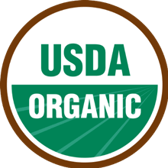
https://www.usda.gov/topics/organic
- Non-GMO Project Verified Seal
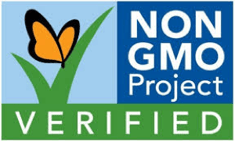
https://www.nongmoproject.org/about/
- Grass-Fed & Grass-Finished meats.
- Wild Caught seafood.
- Chicken & Eggs – chickens should only eat insects (not grains) and eggs should not be pasteurized (farmers market is the best place to get both of these).
- Raw nuts, seeds and dairy products (raw means they are not pasteurized or homogenized).
- Spring water – in glass if possible.
References:
[1]. National Association of Nutrition Professionals (n.d). What is holistic nutrition? Retrieved from https://www.nanp.org/what-is-holistic-nutrition-
[2]. Popkin, B. M., Adair, L. S., & Ng, S. W. (2012). Global nutrition transition and the pandemic of obesity in developing countries. Nutrition reviews, 70(1), 3–21. https://doi.org/10.1111/j.1753-4887.2011.00456.x
Disclosure of Material Connection: I am a professor for the American College of Healthcare Sciences, the Institution that publishes this blog. However, all opinions are my own. This blog may contain affiliate links. I am disclosing this in accordance with the Federal Trade Commission’s 16 CFR, Part 255: “Guides Concerning the Use of Endorsements and Testimonials in Advertising.”
This article is for informational purposes only. It is not intended to treat, diagnose, cure, or prevent disease. This article has not been reviewed by the FDA. Always consult with your primary care physician or naturopathic doctor before making any significant changes to your health and wellness routine.
About American College of Healthcare Sciences
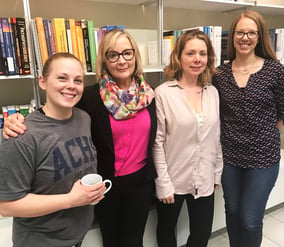 American College founded in 1978, is a fully online accredited institute of higher education specializing in holistic health. Based in Portland, OR; our goal is to make research-driven and science-based holistic health education taught by industry-leading experts accessible to anyone anywhere while still giving students a hands-on experiential learning experience like a traditional college and a strong sense of community, school pride and student bond.
American College founded in 1978, is a fully online accredited institute of higher education specializing in holistic health. Based in Portland, OR; our goal is to make research-driven and science-based holistic health education taught by industry-leading experts accessible to anyone anywhere while still giving students a hands-on experiential learning experience like a traditional college and a strong sense of community, school pride and student bond.
This commitment to our students and graduates reflects in our current survey results that reflect 98% of our students would recommend ACHS to a friend or family member.
We believe education is the most powerful tool for changing an individual and the world around us.
When a person enrolls as ACHS, it is vitally important that they graduate with tools they need to forge their own holistic and sustainable missions, build up their communities confidently and changing the face of healthcare with knowledge.
For more information visit achs.edu.


